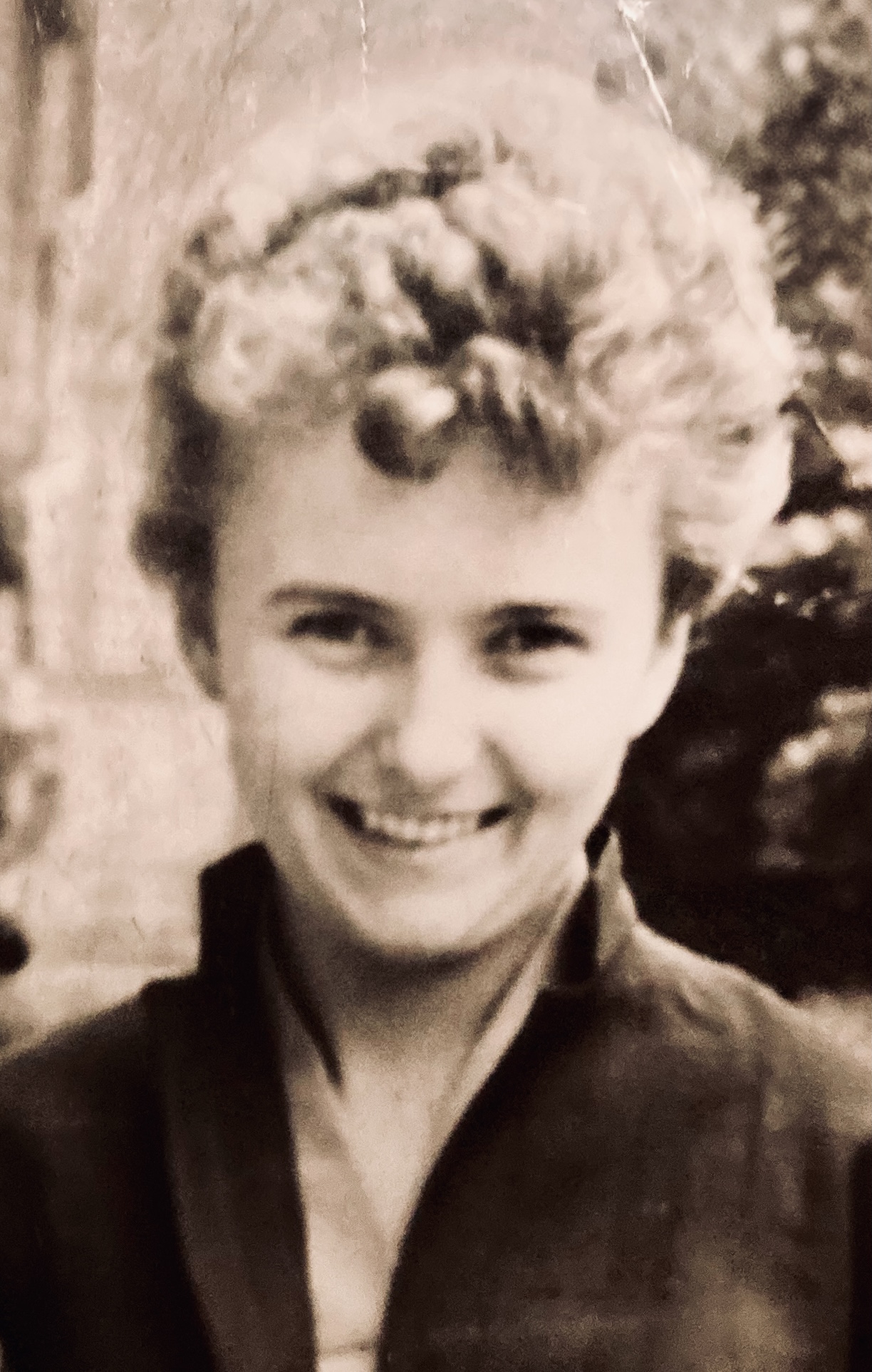We came back from Switzerland even though we didn‘t have to

Stáhnout obrázek
Věra Pospíšilová, née Štrofová, was born on 21 September 1935 in Brno, but her parents lived in nearby Klobouky. Vladimír Štrof owned a steam mill there, which he founded together with his father Jakub Štrof. During the war, the Štrof family‘s farm did not fare badly and they were even able to help others. However, the family tragedy did not pass them by. In 1941, Věřa‘s uncle Jaroslav Trumpeš was arrested as a member of the Moravian Five, the top organ of the domestic resistance, and executed three years later. His wife, Růžena, was left to suffer and died, and so the Štrofs took care of their orphaned cousin Jiřík. When April 1945 came, Marshal Malinovsky‘s troops swept through South Moravia, leaving havoc in their wake. Vera‘s family, together with other neighbours, hid in the wine cellar and after a fortnight found the mill completely looted. Even the fleeing Germans did not do as much damage as the Soviet liberation army. Vladimír Štrof took out a loan and reconstructed the mill, but soon another blow came. In the early 1950s, the communists expropriated the mill and the Štrofs had to move into an annex. From there, they watched with pain in their hearts as the national administrator ruined the mill. Věra was not allowed to go to any school because of her poor grades, but eventually she managed to graduate from the business academy. She went to Prague and later married the musician Ladislav Pospíšil. When her husband got an engagement with the Basel Chamber Orchestra in 1969, she and her children lived in Switzerland for two years. In 1971, the Pospíšil family had to make a difficult decision whether or not to return to Czechoslovakia. In the end, they decided to return. Věra Pospíšilová worked as a stenographer successively in Advertising Trade, at the Ministry of Internal Trade and in People‘s Democracy. In 2023 she lived with her husband in Prague and had seven grandchildren.


